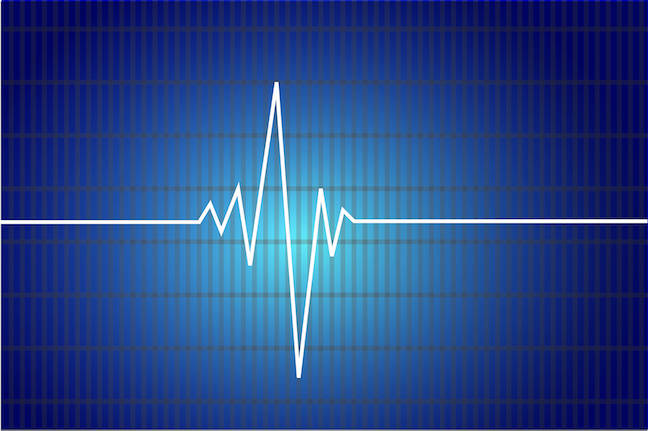The US Food and Drug Administration (FDA) has given the nod to the Loss of Pulse Detection feature of the Pixel Watch 3.
The clearance means that US wearers of the Google smartwatch will be notified if death is imminent. The feature will roll out from the end of March.
Snark aside, Loss of Pulse Detection can automatically make a call to emergency services if the Pixel Watch 3 fails to detect a heartbeat. It uses the existing heart rate sensor to check for a pulse before switching to infrared and red lights, and the motion sensor to detect signs of life.
If there’s no response or movement, and the user doesn’t respond to check-in requests, a call is placed, and the watch’s location is shared.
The problem is that the feature requires regulatory approval, much like the detection of atrial fibrillation and ECG functionality, which have become commonplace over the years. Your Apple Watch, for example, can warn of a possible impending cardiac event – such as may occur when you glance at the price tags of its latest and greatest devices.
The Pixel Watch 3 feature was made available in September 2024 in several countries, including the UK, France, and Switzerland. Adding the US will bring the total to 15. More countries should come online as other regulators approve the technology.
As for false alarms, the feature is smart enough to detect when a user has removed their watch, and its other sensors help prevent accidental alerts when the user adjusts the device on their wrist.
In its original announcement of the technology, Google said: “The breakthrough came when we used AI and digital signal processing, together with data collected in clinical settings,” because of course AI had to be mentioned somewhere.
Interestingly, the company also used stunt actors to simulate a loss of pulse with tourniquets, and cardiologists to gain “unique insights into how a loss of pulse manifests on the watch,” which “informed our AI algorithm that detects these time-sensitive events.”
The clearance by the FDA is timely. If only to be of assistance to the millions of US citizens who might have received a particularly heart-stopping “what did you do last week?” email. ®

